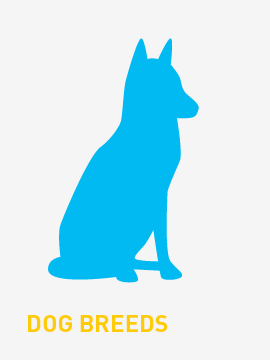The Selkirk Rex is a breed of cat with highly curled hair. The Selkirk Rex is distinct from all other Rex breeds. Unlike the Devon Rex and Cornish Rex, the hair is of normal length and not partly missing. There are longhair and shorthair varieties. It differs from the LaPerm in that the Selkirk Rex coat is plusher and thicker.
History
The Selkirk Rex originated in Montana, USA in 1987, with a litter born to a rescued cat. The only unusually coated kitten in the litter was ultimately placed with breeder, Jeri Newman, who named her Miss DePesto (after a curly-haired character in the TV series Moonlighting played by Allyce Beasley). This foundation cat was bred to a black Persian male, producing three Selkirk Rex and three straight-haired kittens. This demonstrated that the gene had an autosomal dominant mode of inheritance. All Selkirk Rex trace their ancestry back to the cat Miss DePesto.
Health
There are no known health problems specific to the Selkirk Rex breed. They are a robust breed. Breeding towards proper head structure is necessary to prevent kinking of the tear ducts, resulting in tear run down the front of the face, or muzzle creases that can result in dermatitis on the face. Like other Rex breeds, irritation of the inside of the ear by curly fur can occur, increasing the production of ear wax. Homozygous cats (with two copies of the dominant Selkirk Rex gene) may have a tendency towards excessive greasiness of the coat, requiring increased frequency of bathing. Other health problems may be inherited from the outcross breeds used, including Polycystic Kidney Disease from Persians and Hypertrophic Cardiomyopathy from British Shorthairs. Responsible breeders screen their breeding cats for these diseases to minimize their impact on the breed.
In the UK all Selkirk Rex registered with the GCCF for breeding are genetically tested for Polycystic Kidney Disease or are from 2 genetically tested parents.






